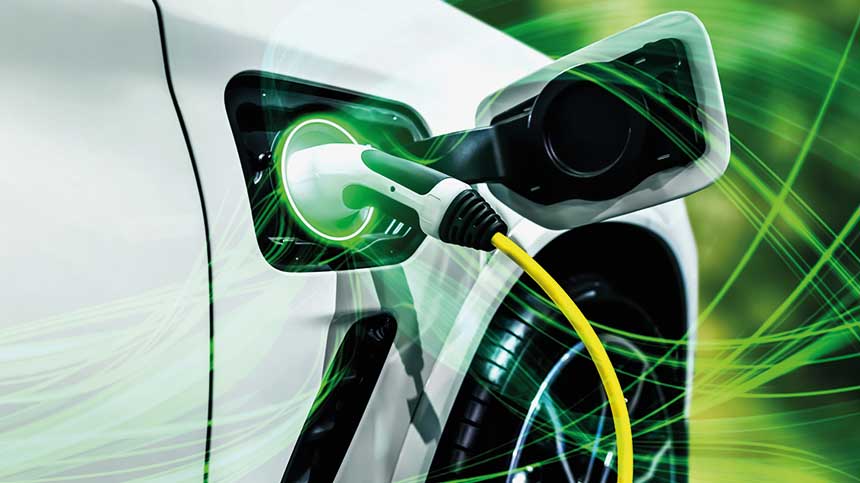Auto Trader report reveals substantial EV price barriers

A study commissioned by Auto Trader has found the price remains the main stumbling block to electric vehicle uptake among private buyers, with 87% refusing to pay more for an EV than a comparable ICE model.
An independent survey of more than 2,000 drivers revealed that 65% of buyers won’t pay more than £20,000 for their next vehicle, while the recommended retail price for a new EV is £51,000.
This is 31% higher than an equivalent petrol or diesel car.
As such, just eight per cent are considering an EV for their next car, with 47% favouring petrol and 38% looking at a hybrid model.
However, used EVs are performing better following a 62% increase in January, driven by falling prices.
Road to 2035
Auto Trader has now published a new report, Road to 2035 Report, calling for urgent government support to make new EVs more affordable.
The report urges the government to create incentives in the used car market so more people can financially afford an EV, maintain the existing salary sacrifice and BIK incentives to support the new electric car market, and lower the VAT on public charging points to five per cent.
Ian Plummer, commercial director of Auto Trader, said:
“The used EV market has shown real strength in the past 12 months – helped by signs of price parity with conventional diesel and petrol cars. But a healthy used market is unsustainable unless we do more to encourage drivers to buy new EVs, which are still too expensive.
“Most consumers say they are unwilling to pay more to go electric, which is a real concern for the transition. The rising interest in hybrids is encouraging as drivers look for reassurance, but they’re not going to solve the affordability challenge.
“Labour has talked a lot about tough choices ahead of next month’s Budget. But if it is serious about the mass adoption of EVs, the Chancellor must not just protect the current tax incentives on offer but expand them to accelerate new and used EV demand to ensure it remains on track with government targets.”








